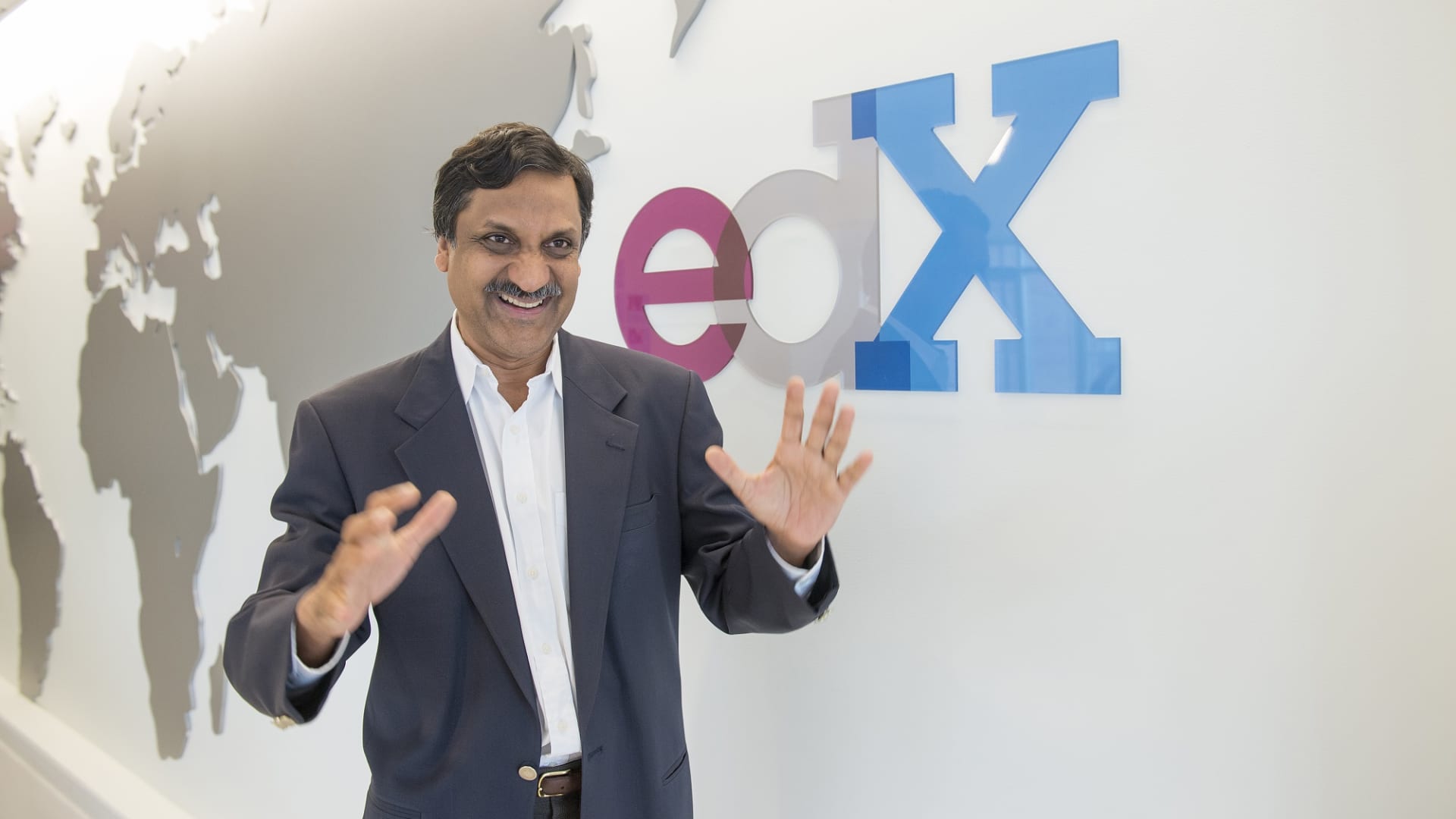
When the coronavirus pandemic forced schools to close their doors and move classes online in Mar. 2020, essentially all students were forced to become online learners.
Many saw the sudden shift as a watershed moment for the online learning and education technology industry. Some wondered if traditional education would crumble as companies such as Google saw increased interest in online certificate programs and online education providers such as LinkedIn Learning massive spikes in the number of users.
"Overnight you had an entire sector become significantly more validated," says Zach Sims, CEO and co-founder of Codecademy. "The biggest areas of growth you saw were in K-12 and higher education, where people that have traditionally been teaching in classrooms, all of them had to use new technology tools and move online in order to survive a pandemic. Those sectors grew demonstrably."
However, as schools reopen for in-person learning and students return to their classrooms, Sims predicts there will be "a precipitous decline over the course of the next school year, in K-12 and college-oriented tools" leaving him to wonder: "Did ed-tech experience a pandemic bump or is this sustainable growth?"
We're making it easier for you to find stories that matter with our new newsletter — The 4Front. Sign up here and get news that is important for you to your inbox.
Here's how the education technology industry has been impacted by the pandemic, one year later.
"Staggering" growth
"The growth has been pretty staggering," says Anant Agarwal, founder and CEO of online learning platform edX. "We saw a 15-fold, not 15%, a 15-fold increase in the number of new learners registering on edX during the month of April 2020. And in fact, for the year through November 2020, compared to the year through November 2019, the number of new registrations on edX went up by 161%."
Agarwal credits the increase not only to the number of workers who became unemployed during the pandemic and began taking online classes during their job search but also to the many workers who became increasingly concerned about up-skilling.

"Before the pandemic, we were preparing for the future work where we believe over the next five to 10 years, half of today's jobs would be gone. So we were already offering a lot of short programs and courses for people to skill up in cutting edge topics like AI and machine learning," he says. "And then the pandemic hit, and when the pandemic hit suddenly people who were in jobs began to realize 'Oh my goodness, I need to be prepared for if I lose my job.'"
Money Report
An adjustment period
However, as many students prepare to return to traditional in-person learning this fall, many organizations, including global education and technology company Cengage, are preparing for an adjustment in demand.
"Clearly many, many more people have learned online this year and I think that everybody now has gotten a taste of what's possible with online education and therefore, I do think we will see a shift in the system towards online learning and that it will continue," says Cengage CEO Michael Hansen, highlighting that his organization offered courseware for more than 40,000 online courses over the past year. "But I personally believe we are going to see a swing back towards the middle in the sense that there will be some courses that college students and faculty have figured out can easily be taught online. And there will be some others that still largely benefit from people sitting together in a room."
In response, Cengage is prioritizing partnering with schools to provide hybrid learning models and investing further in courseware software that improves the remote learning experience.
Beyond working with traditional schools and colleges, Hansen says, "we also need to have a very serious discussion about affordability and choices. Quality choices for people so that we can close the skills gap which pre-existed in the labor market because otherwise, I am concerned that we will be faced with a large percentage of underemployed and a large percentage of unemployed people in this country for quite a while."
Community re-skilling
In Apr 2020, U.S. unemployment spiked to 14.8%, and women, Black workers and workers without a college degree were disproportionately impacted. Most recent BLS data indicates that the total unemployment rate has fallen to 6.2%, but 9.9% of Black workers remain unemployed.
As the country attempts to pull out of the pandemic-induced recession and calls for economic equity are renewed, many local governments are partnering with employers and alternative education organizations.
"We've been looking for the upside opportunity amid all of this disruption and chaos and that includes things like community re-skilling," says Lisa Lewin, who became the CEO of General Assembly in Aug. 2020. "We have spent a tremendous amount of time throughout 2020 working with civic leaders to bring together a cross-sector consortium of policymakers, local employers, nonprofit funders, venture philanthropists and education institutions to expand our community reskilling initiative. To create a more equitable economic recovery."
What this means for General Assembly, which began as a co-working space in 2011, has involved "providing cities with the infrastructure that they need to provide technical training, career resources, employer relationships," says Lewin, mentioning programs in Louisville, Kentucky; Sacramento, California; and Buffalo, New York.
Sims agrees that re-skilling and re-training will be a priority of the industry going forward — particularly as automation threatens to eliminate an estimated 85 million jobs by 2025.
"Unfortunately, it's not one-to-one. This idea that someone whose job is automated easily can become a programmer — I don't buy that narrative at all," he says. "But what automation does do is bring the conversation around skills training much more to the forefront and to policymakers. I expect the policy-level conversation to change significantly, which may create new opportunities for companies like us to try to either work with government or work to help people that have become unemployed re-skill themselves and pick up new jobs."
Despite these opportunities, Sims says he still has questions about the future of the industry.
"It'll be interesting to see what happens to the market after investors have warmed to the opportunity over the past 12 months," he says. "Will that interest remain the same?"
Don't miss:
- The U.S. already has student debt forgiveness—but barely anyone gets it
- College graduates live longer than those without a college degree—and the gap is growing
- The pandemic accelerated job automation and Black and Latino workers are most likely to be replaced






